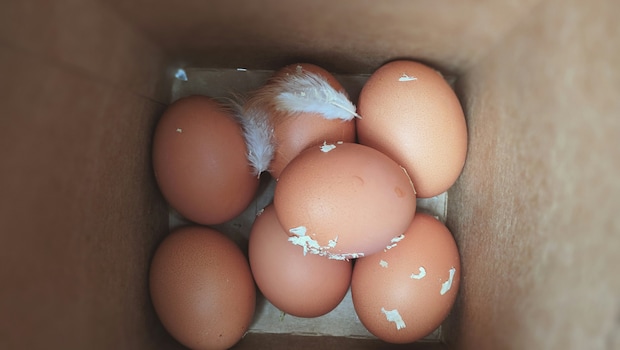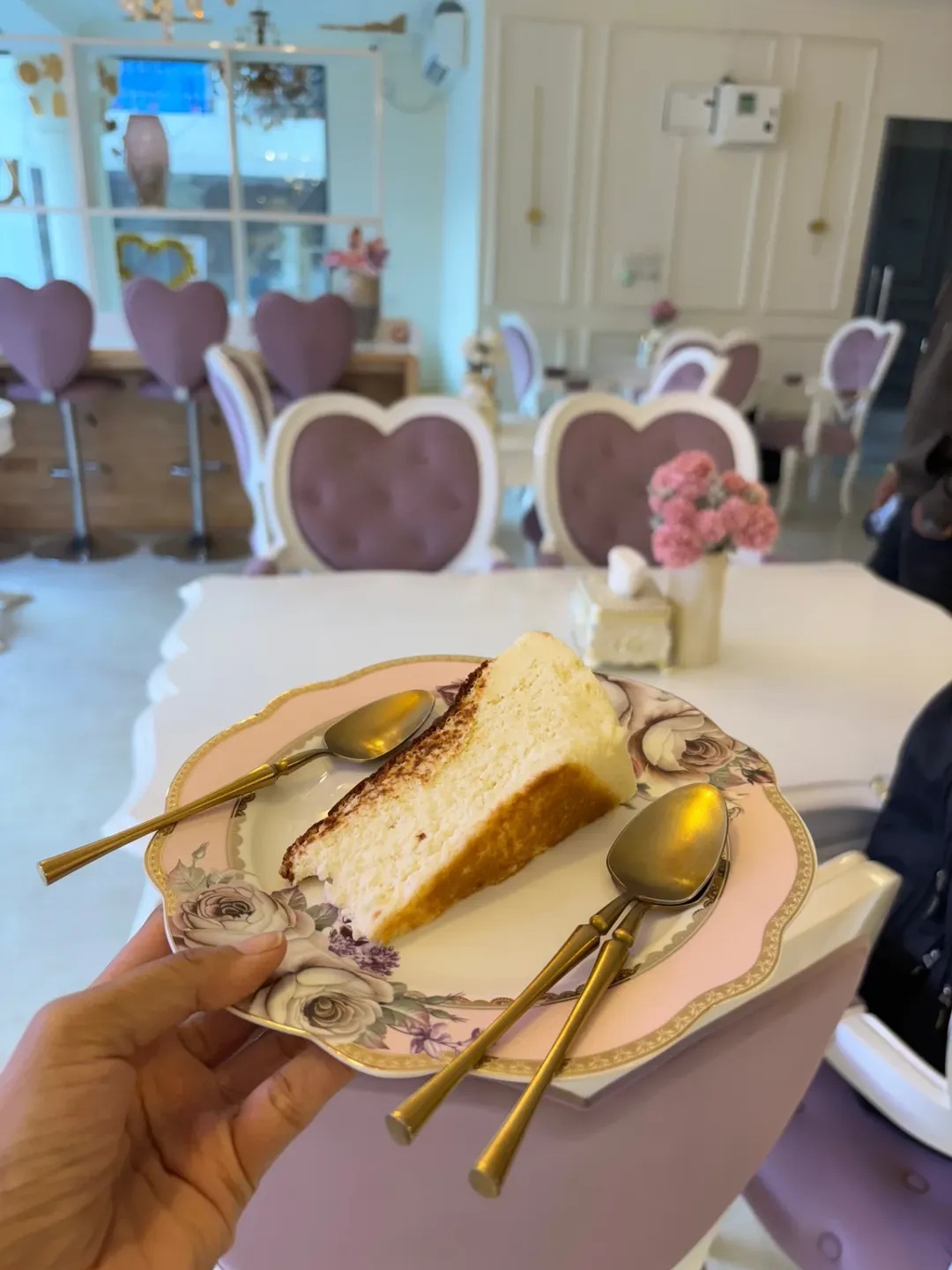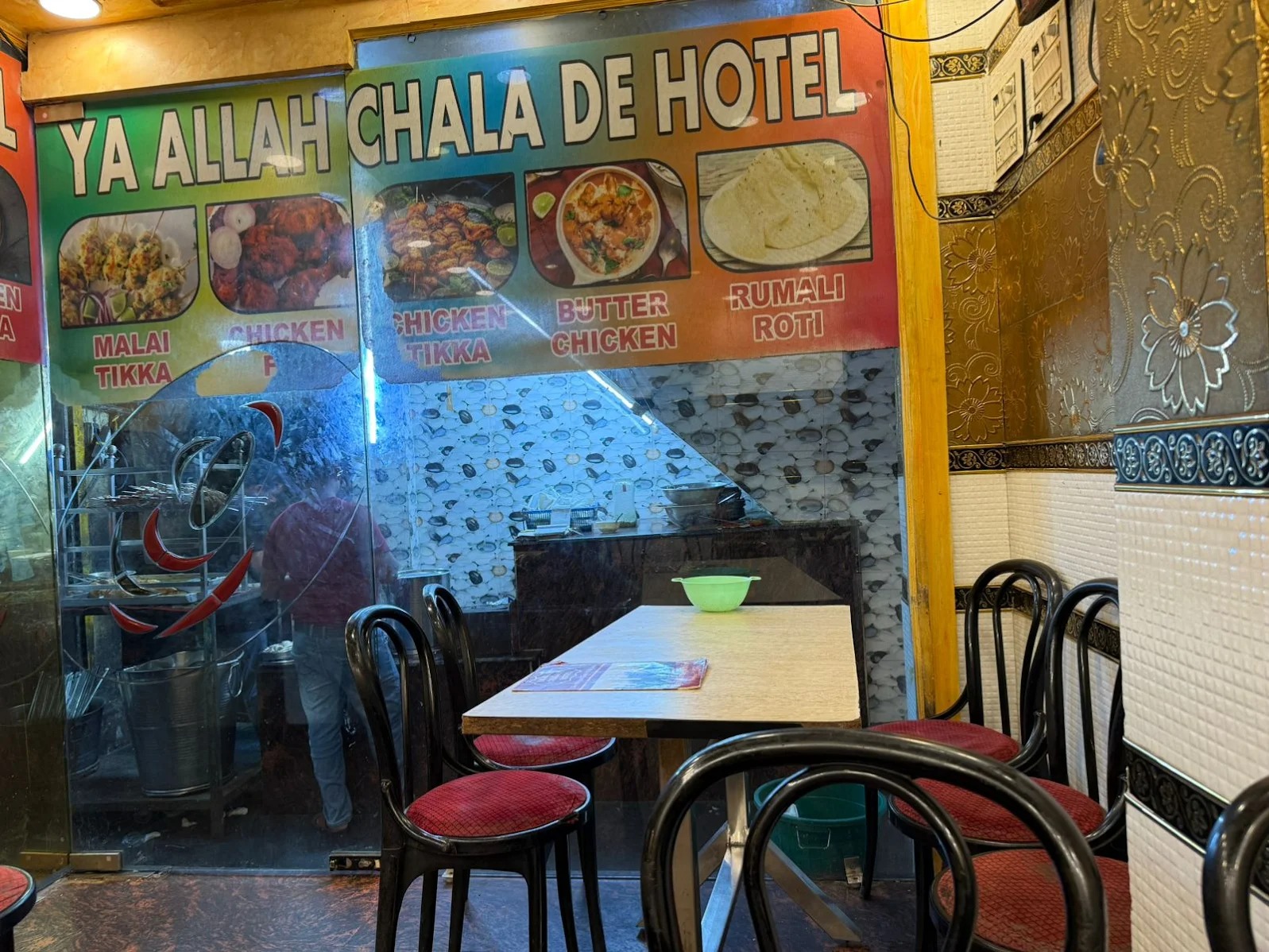Eggs are a staple breakfast item in many households. You can have them boiled, scrambled, poached, or whipped into a quick curry. But while there are several ways to enjoy them, many people still struggle to get boiled eggs right. You either end up with overcooked yolks, rubbery whites, or eggs that refuse to peel. The worst is when they crack the second they hit hot water. The whites start floating around in the pan, and the whole thing turns into a mess. As it turns out, putting fridge-cold eggs directly into boiling water is a classic kitchen mistake. It might seem like a small detail, but it can ruin your boiled egg experience completely. So why is this habit causing so much trouble in your breakfast routine? Let us break it down.
Also Read: Calling All Egg Lovers! Try This Delicious Egg Malai Masala Curry Recipe
1. Fridge-Cold Eggs Are More Likely To Crack Instantly

Photo: Unsplash
When cold eggs go straight into boiling water, the sudden shift in temperature causes the shell to crack almost immediately. Not only is it messy, but water can also seep into the egg, leaving you with watery whites and strange-textured yolks. Even worse, if you are boiling multiple eggs at once, you might find bits of shell floating around. To avoid this, simply leave your eggs at room temperature for 15-20 minutes before boiling. This one step keeps the eggs intact and your breakfast drama-free.
2. They Cook Unevenly And The Texture Suffers
Cold eggs take longer to cook on the inside, but the outer layer starts to firm up quickly. This uneven cooking often leads to rubbery whites and gooey or undercooked yolks. Whether you are aiming for a jammy yolk or a firm, hard-boiled centre, starting with cold eggs throws the whole timing off. Allowing the eggs to warm up naturally helps them cook evenly from edge to centre, giving you the texture you expect every time.
3. Cold Eggs Are Much Harder To Peel
Peeling eggs can already be a frustrating task, and cold eggs only make it worse. The shells tend to stick stubbornly to the whites, tearing off chunks and leaving you with eggs that look like they have been through a war. Letting them reach room temperature helps avoid this issue. Even better? Add a pinch of salt or a dash of vinegar to the water while boiling. It makes peeling easier, especially when you need clean halves for stuffed eggs or curry recipes.
4. Cold Eggs Can Throw Off Your Cooking Time

Photo: Unsplash
Precision matters when it comes to eggs. Recipes like ramen eggs or soft-boiled eggs often rely on exact timing. But cold eggs can delay the cooking process, meaning your usual estimates go out the window. You either end up with overcooked eggs or ones that are still raw in the middle. Taking your eggs out of the fridge just 15 minutes early helps you stick to the timer and get the consistency you want, every single time.
Also Read: Egg Biryani, Egg Pulav And More: 6 Easy Rice-Based Egg Recipes For Your Weekend Dinner
Quick Hack: How To Warm Up Cold Eggs In Minutes
We have all been there, rushing through a morning and forgetting to take out the eggs in time. If you are short on minutes but still want picture-perfect boiled eggs, here is a quick fix. Soak the eggs in a bowl of warm (not hot) water for 5–7 minutes before boiling. It helps bring them closer to room temperature without accidentally cooking them. This simple trick saves you from cracked shells and undercooked centres - ideal for those hectic weekdays.
Final Tip: Let Eggs Sit Before You Boil Them
The next time you plan to boil eggs, just let them sit out for a bit. Room-temperature eggs are your best bet for consistent results - no cracks, no mushy yolks, and no peeling disasters. It is a small change that makes a big difference, especially if boiled eggs are a regular part of your protein-rich breakfast routine.
About Nikita NikhilMeet Nikita, a passionate soul with an insatiable love for two things in life: Bollywood and food! When she's not indulging in binge-watching sessions, Nikita can be found behind the lens capturing moments or expressing her creativity through painting.








